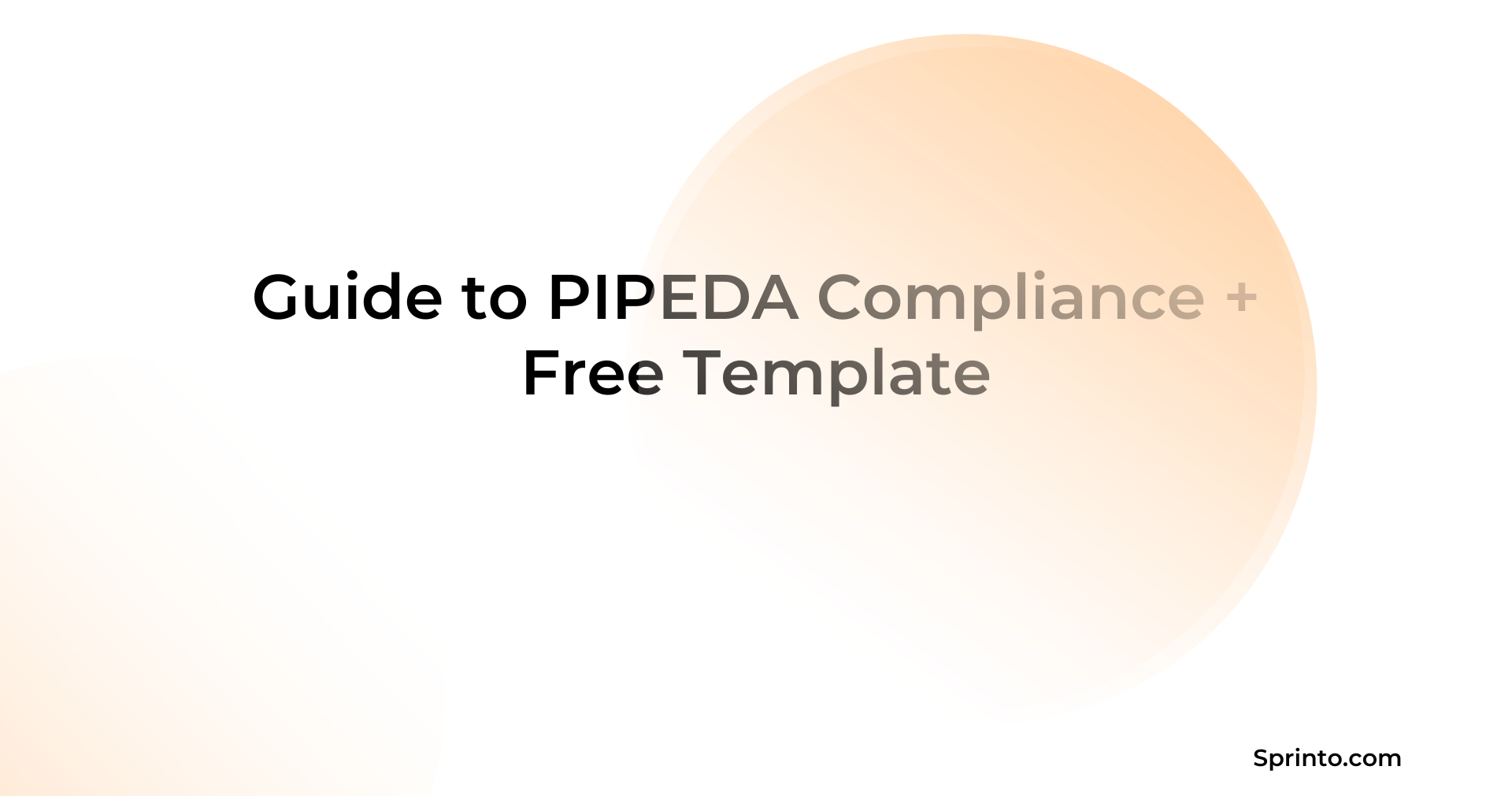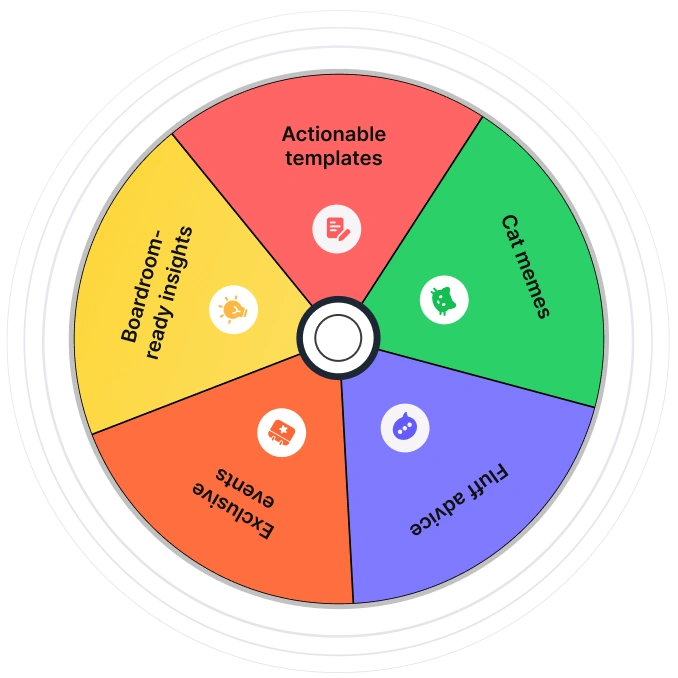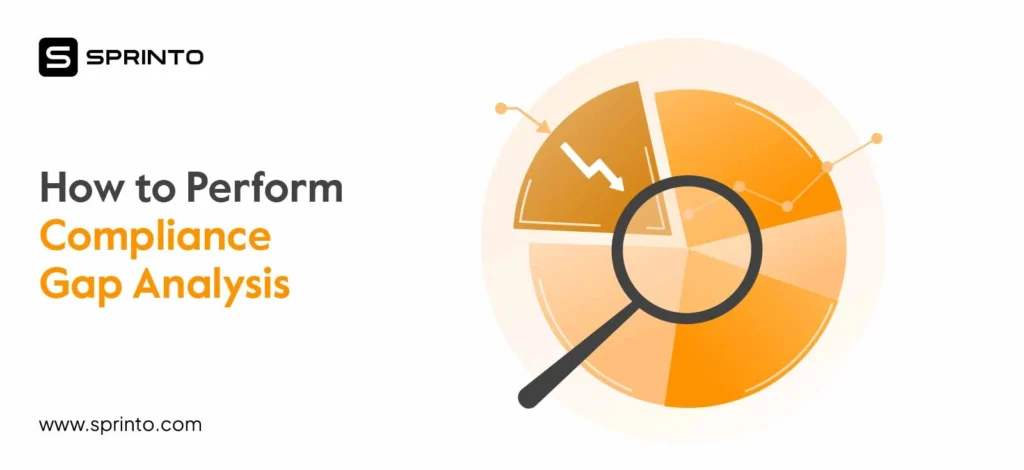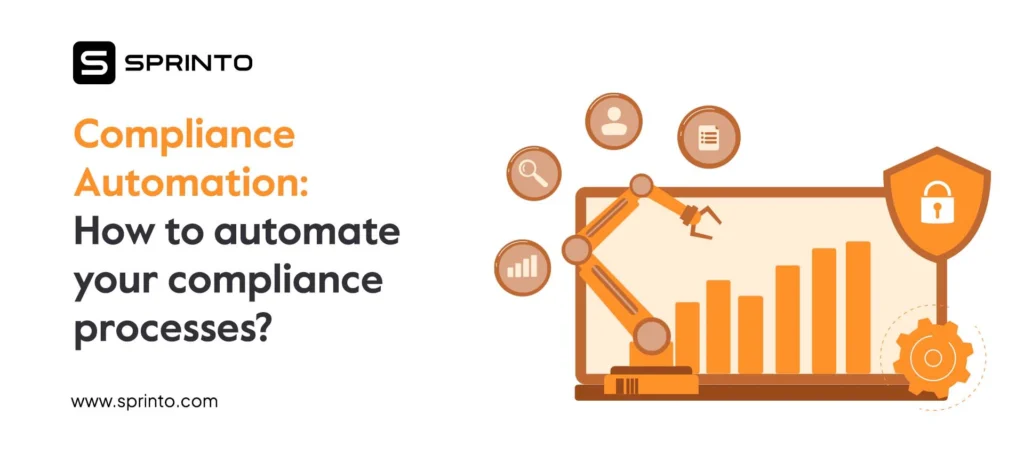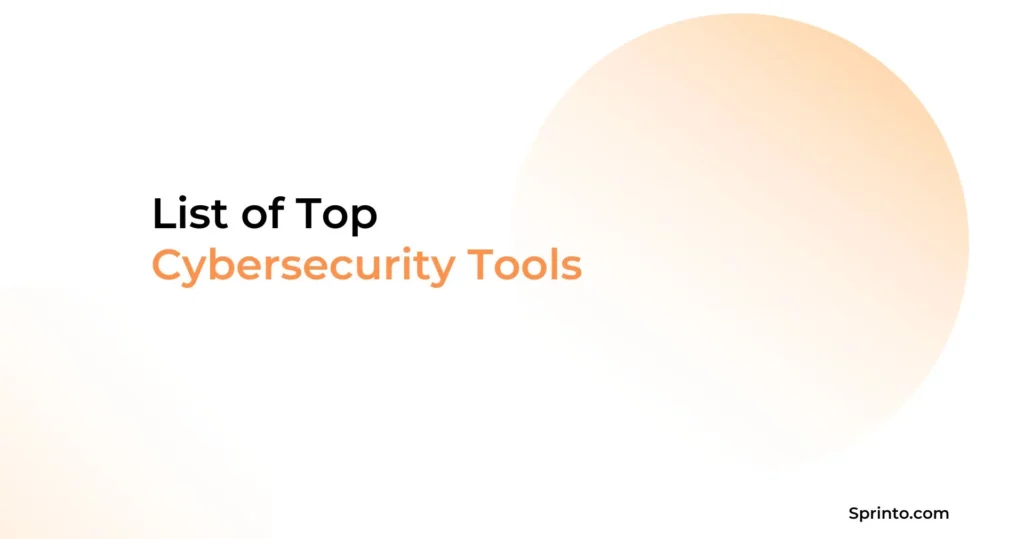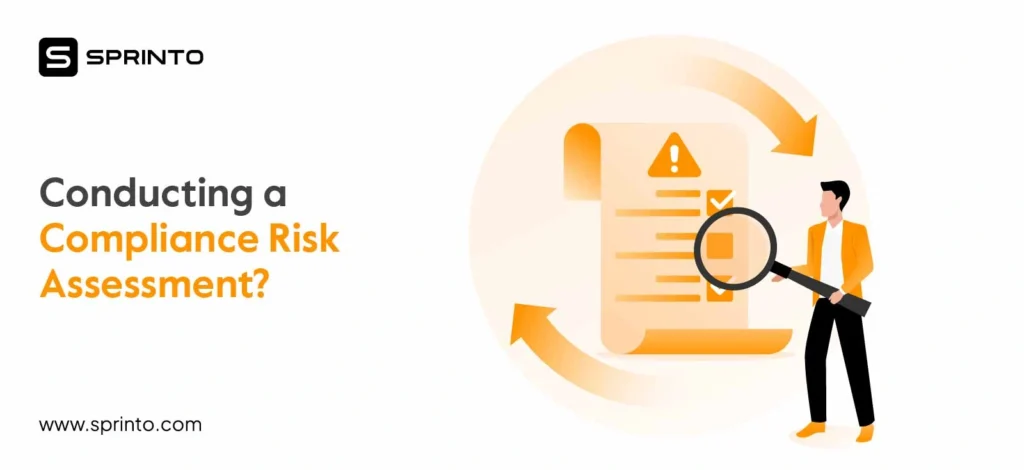As we seem to think, privacy violations are not always black and white. Sensitive information like a person’s location, contacts, or communications can be linked to them in different ways. Frameworks like PIPEDA compliance can be a lifesaver.
This could happen in one of two scenarios: the information is shared intentionally, like through open data projects, or it’s exposed due to a security breach because of unauthorized access.
Just because data gets exposed does not always mean privacy has been compromised. It depends on how that data is handled and whether privacy is properly protected.
One of Canada’s primary laws addressing this issue is the Personal Information Protection and Electronic Documents Act (PIPEDA). The Canadian government’s Strategic Plan for privacy focuses on three key areas:
So, how can you actually implement PIPEDA compliance in your organization? Read on to know how!
TL;DR
| Under PIPEDA, an organization must take full responsibility for handling personal data. The lack of clear accountability can lead to catastrophic consequences if something goes wrong. |
| Non-compliance can result in fines of up to CAD 100,000 per violation, with regulators having the power to launch investigations and enforce actions through the Federal Court. |
What is PIPEDA?
PIPEDA, short for the Personal Information Protection and Electronic Documents Act, is a Canadian law that governs how private sector organizations collect, use, and disclose personal information.
According to PIPEDA, some of the provisions that Canadian organizations must follow include providing meaningful consent, ensuring the security of personal information, providing identifiable individuals with access to their information, and handling their complaints.
PIPEDA compliance involves aligning a company’s practices with the law’s requirements. We will examine this more closely in the next section.
PIPEDA Compliance Overview
The Personal Information Protection and Electronic Documents Act sensitizes Canadian organizations to ensure individuals’ privacy rights and gain the trust of those sharing information.
Failure to compliance attracts penalties, severely affecting an organization’s reputation.
Similarly to the GDPR, PIPEDA provides individuals with specific rights regarding their personal information. These include:
- Right of Access—People can seek information about what personal information an organization has collected about them.
- Transparency — Companies must state who will collect the individual’s personal information and give reasons for the collection.
- Accessibility — People can easily dispute and change the content on the site if it is not valid.
Who Does PIPEDA Apply To?
PIPEDA applies broadly across Canada’s private sector and targets organizations that collect, use, or disclose personal information during commercial activities.
Federal privacy law categorizes “commercial activity” as any transaction, act, or conduct of a commercial nature, such as selling, bartering, or leasing donor, membership, or fundraising lists.
| Category | Criteria | Examples |
| Private-Sector Organizations | Handle personal information during commercial activities. | Retailers, service providers, & membership-based organizations |
| Cross-Border Data Handlers | Operate in Canada and transfer personal information across provincial or international borders. | E-commerce platforms, multinational companies with Canadian operations |
| Federally Regulated Entities | Conduct business under federal jurisdiction, regardless of location in Canada. | Banks, airlines, broadcasters, transportation companies, & offshore drilling firms |
Exemptions and Special Cases
| Category | Details | Examples |
| Provincial Privacy Laws | Provinces with privacy laws are deemed substantially similar to PIPEDA regarding local operations. | General Privacy Laws – Alberta, British Columbia, Quebec Health-specific Laws – Ontario, New Brunswick, Nova Scotia, Newfoundland (health-specific laws) |
| Territorial Jurisdictions | Territories without provincial privacy laws default to federal oversight under PIPEDA. | Northwest Territories, Yukon, & Nunavut |
Here is how you can check if your business falls under PIPEDA:
- Ensure compliance if your business involves the buying, selling, or leasing of personal data, such as donor or membership lists.
- Verify whether your organization falls under a provincial law that overrides PIPEDA for intra-provincial data handling.
- If your business exchanges data across provincial or international borders, compliance with PIPEDA is mandatory.
- Check if your business operates within industries regulated at the federal level.
How Will PIPEDA Impact Businesses in 2025?
PIPEDA continues to be a cornerstone of Canada’s privacy framework, and its relevance will grow as global data protection regulations become increasingly stringent.
Here’s how business gets impacted:
Stricter Compliance Expectations
With Quebec’s Law 25 in full effect and similar laws potentially influencing federal updates, businesses must implement robust privacy governance frameworks.
This includes clear consent mechanisms, transparent AI usage disclosures, and accountability measures to demonstrate compliance.
Adapting to AI Regulations
AI-specific regulations are being introduced or updated for the countries, demanding more reporting and control of personal data with the help of AI systems.
A business in Canada must test AI to meet PIPEDA and other global standards to be competitive and avoid penalties.
Maintaining Global Adequacy
The European Commission declared PIPEDA compliant under GDPR in 2024, which allows businesses in Canada to process data transfers to the EU.
However, this benefit requires companies to adhere to PIPEDA and its requirements.
What are the 10 Fair Principles of PIPEDA?
Ten fair information principles form the ground rules for collecting, using, and disclosing personal information. These principles give individuals significant control over their data while holding organizations accountable.
Let’s break down the fair principles of PIPEDA:
Principle 1 – Accountability
Organizations must take full responsibility for the personal information under their control. This includes appointing a specific individual, often a Chief Privacy Officer, to ensure compliance.
Principle 2 – Identifying purposes
The organization must clearly state why it collects personal information before or during collection.
For example, a survey form explains that the collected responses will be used to improve customer service processes.
Principle 3 – Consent
Individuals must consent before their personal information is collected, used, or disclosed, except in limited circumstances defined by law.
For example, a website prompts users to agree to its privacy policy before allowing them to create an account.
Principle 4 – Limiting collection
Personal information required for the stated objective must be collected and collected reasonably, appropriately, and non-prejudiced.
For instance, a job application asks for professional qualifications and working experience but does not include irrelevant information like social security numbers.
Principle 5 – Limiting use, disclosure, and retention
Personal information may be processed only for the mentioned purposes and should be stored as briefly as possible if the person does not object.
For example, A training institution deletes participants’ personal information after issuing course certificates.
Principle 6 – Accuracy
This means that organizations need to have a purpose for collecting and storing personal information to ensure that the information they collect is correct and up to date.
For instance, regularly maintaining the customers’ code to keep the billing information up-to-date.
Principle 7 – Safeguards
Personal information must be protected with appropriate security safeguards based on its sensitivity.
For example, a healthcare provider uses encryption to secure patient records and only restricts access to authorized personnel.
Principle 8 – Openness
Businesses must provide information on how data relating to individuals is processed within their workplaces and usually to the general public.
For example, a mobile app includes an accessible section outlining how user data is collected, stored, and shared.
Principle 9 – Individual Access
Individuals must be informed about the existence, use, and disclosure of their personal information upon request. They also have the right to request corrections if the data is inaccurate.
Principle 10 – Challenging compliance
Individuals can challenge an organization’s compliance with these principles through the designated accountability officer.
For example, a customer may question how a service provider uses their data and raise the issue with the company’s privacy officer for review and resolution.
Keep your PIPEDA policies up to date with platform-generated alerts
Steps to Implement PIPEDA Compliance
Here are 8 steps to implement PIPEDA compliance:
1. Designate a Privacy Officer
PIPEDA requires a dedicated privacy officer appointed according to the accountability principle of the law.
Without a privacy officer, who’s responsible when things go wrong? Who handles access requests, privacy complaints, or evolving regulations? The risk of “no one” being the answer is exactly what PIPEDA aims to prevent.
This person does more than write security policies. They:
- Develop and implement privacy protocols
- Handle questions, complaints, and access requests
- Assist in audits
- Craft your privacy notice
This role matters because when someone owns your organization’s privacy practices:
- You’re less likely to overlook compliance requirements
- Customers feel reassured that their data is being handled responsibly
- Your organization is better prepared to respond to privacy incidents
2. Identify Personal Information
The next step is to understand what qualifies as personal information under PIPEDA. The law applies to a broad spectrum of data types, and it’s your responsibility to recognize what falls within its scope.
We have broken this down into practical steps to help you confidently identify and manage personal information.
✅ Step 1: Make a List of the Personal Information Your Organization Collects
Start by mapping out the types of personal data you handle. This list will give you clarity on what falls under PIPEDA’s protection. Consider:
- Customer data (e.g., names, addresses, payment details)
- Employee data (e.g., employment history, medical information)
- Marketing data (e.g., emails, purchase history, preferences)
Tip: Check every department — HR, Sales, IT, and Marketing to ensure you cover all data sources.
✅ Step 2: Categorize the Data by Type
Once you’ve listed the data you collect, categorize it based on the types of personal information PIPEDA protects:
- Basic Identifiers: Name, age, gender, ID numbers
- Contact Information: Address, phone number, email
- Financial Data: Income, credit records, bank details
- Health Information: Medical records, personal health data
- Employment History: Work experience, references, education
- Demographic Details: Ethnicity, nationality, religion
- Biometric Data: DNA, fingerprints, blood type
- Opinions and Evaluations: Performance reviews, assessments
- Dispute Information: Employee records, consumer disputes
Tip: If you’re unsure whether something qualifies as personal information, ask yourself if it could identify an individual. If the answer is yes, treat it as personal data.
✅ Step 3: Identify Exceptions to PIPEDA’s Protection
It’s equally important to know what types of information aren’t protected under PIPEDA. This will help you focus your compliance efforts on the right areas.
Here are the key exceptions:
- Organizational Data: Information about businesses, not individuals
- Anonymized Data: Data that has been stripped of all personal identifiers
- Publicly Available Information: Data from public records (e.g., directories)
- Business Contact Information: Professional contact details used solely for work purposes
Tip: When anonymizing data, follow best practices to ensure it can’t be re-identified.
✅ Step 4: Document Your Findings
Document your findings once you’ve identified what qualifies as personal information and what doesn’t. This will help your privacy officer and compliance team stay consistent in handling data.
Create a data inventory that includes:
- Types of personal data collected
- The source of the data (e.g., customer, employee)
- How it’s used
- Where it’s stored
- Who has access to it
3. Create Data Protection and Privacy Policies
While the term “Privacy Policy” does not explicitly appear in PIPEDA’s legal text, the law mandates that organizations make specific information about their data practices easily accessible to individuals.
This requirement stems from PIPEDA’s Accountability Principle, which emphasizes that organizations must be transparent in managing personal information.
PIPEDA Section 4.8.1 specifies that:
“An organization shall make readily available to individuals specific information about its policies and practices relating to managing personal information.”
The Office of the Privacy Commissioner (OPC) strongly recommends that organizations convey this information through a dedicated, written Privacy Policy that clearly outlines how personal data is collected, used, disclosed, and protected.
How do you structure your Privacy Policy to comply with PIPEDA?
PIPEDA provides flexibility regarding how you present this information to individuals.
The regulation states that information about privacy practices can be provided “in various ways” based on the organization’s operations and how it interacts with individuals. Acceptable formats include:
- Printed brochures available at your place of business
- Information provided via mail to individuals
- Toll-free phone numbers for individuals to contact and obtain details
- Online documentation, such as a Privacy Policy webpage
Given the digital nature of most businesses today, the OPC recommends prioritizing online accessibility for Privacy Policies. Specifically, you should:
- Host your Privacy Policy on your website: Ensure it is easy to locate and not buried in submenus. Use simple language to explain individuals’ privacy.
- Provide a direct link from your homepage: This ensures visibility and demonstrates transparency to website visitors.
- Include a Privacy Policy link during data collection: Display a prominent link wherever users must submit personal information (e.g., forms, checkout pages, or account sign-ups).
- Make your Privacy Policy available before key decisions: Allow users to review your privacy practices before consenting to terms or sharing data.
4. Implement Consent Mechanisms
Under PIPEDA, meaningful consent requires that individuals understand the what, why, and how of data collection, use, and disclosure. Consent is only valid if individuals grasp the nature, purpose, and consequences of sharing personal information.
Key requirements for consent under PIPEDA
- Consent is needed only for data collection that is tied to a legitimate purpose.
- For non-essential data, users must have a choice to opt in or out.
- Data sensitivity should dictate how consent is sought (e.g., explicit consent for health data, implied consent for basic preferences).
- Users must be allowed to withdraw consent at any time, with clear guidance on the implications.
What a PIPEDA-Compliant consent form should include:
- What data is being collected?
- How will it be used?
- Who will it be shared with?
- What are the risks?
Tips to strengthen consent processes
- Allow users to choose how much information they want before consenting.
- Provide layered privacy notices — brief summaries with links to detailed policies.
- Implement just-in-time notifications (e.g., a pop-up when users are about to submit sensitive information).
- Use interactive consent forms that adjust based on the collected data type.
- Periodically review consent communications to ensure they reflect current practices.
- Internal audits will be conducted to verify that the consent process is user-friendly and understandable.
- Pilot test consent forms with real users to gather feedback.
- Involve UI/UX designers to ensure the consent process is seamless and intuitive.
- Maintain comprehensive records of how consent was obtained and how users were informed.
- Be prepared to show regulators that your consent process is clear and user-centric.
5. Limit Your Data Collection Activities
Organizations often believe more data equals more security. However, PIPEDA makes it clear that less is more regarding personal data. Collect what’s essential to confirm identity, but avoid overreaching.
Why? Because every extra data point collected is a liability that requires protection.
Identification is “knowing who someone is,” and authentication is “proving they are who they say they are.” Here’s how they work in practice:
- Identification: Attributes like name, birthday, or address help an organization recognize an individual.
- Authentication: The individual proves their identity by providing credentials—such as a password, when interacting with your systems.
The Privacy Commissioner of Canada advises that organizations shouldn’t collect identification data unless necessary. The preferred route is to complete a transaction without storing personal information.
For example, this occurred after a privacy concern incident in Canada involved businesses asking to record individuals’ driver’s license numbers.
Privacy Commissioners across provinces clarified that simply viewing the license is enough. Sensitive information like license numbers or social insurance numbers should not be stored unless mandated by law.
How to Limit Your Data Collection (And Stay PIPEDA-Compliant)
To avoid unnecessary risks, here’s how you can audit and limit your data collection practices:
- Identify the types of personal data you collect.
- Ensure your policies reflect the minimum data required to achieve your business purpose.
- Avoid using sensitive identifiers like driver’s license numbers unless legally required.
- If a transaction can be completed securely without collecting personal data, don’t collect it.
- Make sure your team can clearly explain why specific personal information is required.
6. Implement Data Security Measures
PIPEDA mandates organizations to safeguard data against loss, theft, unauthorized access, or misuse, regardless of how it’s stored.
However, as has already been stated, any rights established may be effective only if organizations properly implement the provisions of the legislation.
For instance, a customer subscribes to a service expecting the firm to do the right thing with their information. In the long run, the customer is also interested in knowing what data has been gathered and how it is used.
These rights include this customer’s right to demand the organization to disclose the treatment of their personal information. Here’s how these rights work in practice:
- Right to Be Informed: Any organization must declare its intention to collect personal information and use it once it is collected.
- Right to Access: A person can ask an organization to transmit the processed data to another controller or receive them in a structured, commonly used, and machine-readable format. This includes the information gathered, how it has been utilized, and to whom it has been disclosed.
- Right to Correction: If the data that is possessed by the organization is either incomplete or inaccurate, the people may demand rectifications.
- Right to Withdraw Consent: A person can decide or withdraw consent anytime. Whether reducing an email list subscription or denying an organization’s consent to use sensitive data, the organization should accept this decision unless there are legal reasons to retain the information.
7. Respect Individuals Data Subject Rights
How much control do individuals have over their data once it’s shared? The law attempts to tip the scales back in favor of individuals by giving them the power to understand, access, and even retract their consent regarding personal data use.
But, as with any system of rights, these provisions are only meaningful if organizations implement them correctly.
For example, a customer signs up for a service, trusting the company to handle their data responsibly. Over time, the customer wants to know what data has been collected and how it’s being used.
The rights granted under PIPEDA allow this customer to demand transparency from the organization and hold it accountable for managing their personal information. Here’s how these rights work in practice:
- Right to Be Informed: Organizations must explain why they collect personal information and how it will be used.
- Right to Access: Individuals can request a detailed record of the personal information an organization holds about them. This includes what data was collected, its use, and with whom it was shared.
- Right to Correction: Individuals can request corrections if an organization’s data is incomplete or incorrect.
- Right to Withdraw Consent: Individuals have the right to change their minds. Whether it’s withdrawing from a mailing list or revoking permissions for sensitive data use, organizations must respect this decision, barring any legal obligations to retain the information.
8. Provide Employee Training
Employee training is where theory meets practice. It ensures that those handling personal data don’t inadvertently undermine your privacy program due to ignorance or misunderstanding.
Employees must be prepared to handle real-world situations. For example:
- How should an employee respond if a customer asks to see the data collected about them?
- What should they do if a customer wants to withdraw consent for marketing communications?
- How do they escalate a privacy complaint to the designated privacy officer?
Here’s what a successful training outcome looks like:
- Employees can confidently explain why your company collects personal information and what it’s used for.
- They understand how to obtain consent and recognize situations where consent isn’t necessary (or where it needs to be renewed).
- They can inform customers of their right to withdraw consent and explain any consequences.
- They know how to handle requests for access to personal information and ensure they are processed correctly.
- They can identify privacy issues and escalate them to the appropriate person, minimizing legal risk.
- They remain up to date on new privacy policies and initiatives, adapting to changes in the organization’s data practices.
Respond to security incidents with Sprinto’s incident management module
How Much Does Implementing PIPEDA Compliance Cost?
PIPEDA compliance comes with initial and ongoing costs depending on your organization’s size, business model, and industry. The breakdown of the costs is provided below:
| Category | Estimated Cost |
| Privacy Assessment | $5,000 – $20,000 |
| Policy Development | $2,000 – $10,000 |
| Technology Costs | $10,000 – $50,000+ |
| Employee Training | $2,000 – $15,000 annually |
| Ongoing Monitoring | $3,000 – $20,000+ annually |
| Legal and Consulting Fees | $5,000 – $25,000+ |
Estimated total costs based on business size
| Business size | Initial cost | Annual maintenance cost |
| Small Business | $10,000 – $30,000 | $5,000 – $15,000 |
| Mid-Sized Business | $30,000 – $75,000 | $15,000 – $50,000 |
| Large Enterprise | $75,000 – $200,000+ | $50,000 – $100,000+ |
Penalties For Not Adhering to PIPEDA Compliance
Penalties for not adhering to PIPEDA compliance range from fines of up to CAD 100,000 per violation. The potential penalties can be significant if your organization fails to comply with PIPEDA. Here’s a breakdown of what you should be aware of:
Regulators like the OPC, Alberta OIPC, BC OIPC, and Quebec CAI can investigate complaints or launch their own investigations. They publish public reports based on their findings.
However, if the OPC investigates and finds violations, it can bring the matter to the Federal Court, which has broader powers to enforce compliance standards. Additionally, the OPC can work with organizations to set up compliance agreements.
Non-compliance could also lead to criminal penalties. For example:
- PIPEDA: Violations could result in fines up to CAD 100,000
- Alberta PIPA: Similar offenses could also lead to fines of up to CAD 100,000
- BC PIPA: The same fine amount applies here as well: up to CAD 100,000
Architect privacy with Sprinto. Win trust
PIPEDA compliance isn’t exactly a walk in the park. It’s a complex web of privacy requirements, processes, and never-ending documentation.
You’re juggling risk assessments, express consent mechanisms, incident management, and more — all while trying to grow your business.
And if just one piece falls out of place? You’re looking at chaos, not to mention potential fines or a significant trust deficit with customers.
This is where Sprinto steps in.
Instead of patching together random tools and hoping for the best, Sprinto gives you a complete PIPEDA compliance program that works like an engine that continuously runs in the background to keep you on track, audit-ready, and stress-free.
Here’s how it solves the core challenges:
Entity-Wide Risk Assessments and Continuous Monitoring
Sprinto takes care of risk assessments across your organization and keeps monitoring your compliance posture 24/7.
Pre-built Templates and Playbooks Specific to Tech Companies
Do you need an ROPA (Records of Processing Activities) document or a DSAR (Data Subject Access Request) guide? Sprinto has pre-built playbooks and templates to handle these. It even alerts you when your ROPA needs updating because the last thing you want is outdated documentation during an audit.
Proactive Alerts and SLA Monitoring
Sprinto generates platform-based alerts to remind you about updates, compliance deadlines, and SLA commitments. It keeps all your evidence logged, so you’re always ready to prove compliance when needed.
Incident Management & Data Breach Reporting
Data breaches happen. Sprinto’s built-in incident management module helps you track breaches, file reports, and manage everything through integrations with tools like JIRA.
The bottom line is that Sprinto helps you achieve that trust by taking the messy, complicated parts of PIPEDA compliance off your plate so you can focus on what matters.
With Sprinto, you’re creating a privacy-first culture that earns trust and keeps chaos at bay.
Want to know more? Get on a call with us.
FAQs
What is the difference between GDPR and PIPEDA?
PIPEDA applies to businesses operating in Canada or handling Canadian data, while GDPR has a broader reach and applies to any business processing EU residents’ data. GDPR is more detailed, with stricter rules on consent, data transfers, and breach reporting.
Is Google PIPEDA compliant?
Google Cloud’s security and privacy controls align with PIPEDA principles. However, businesses using Google services must configure them properly to meet PIPEDA requirements. Google continues to expand its privacy and security features to support compliance.
Does PIPEDA apply outside Canada?
Yes. PIPEDA applies to foreign businesses that collect, use, or disclose Canadian personal data, even if they operate outside Canada.
What is PIPEDA Compliance?
PIPEDA compliance means meeting Canada’s Personal Information Protection and Electronic Documents Act (PIPEDA). It is the federal privacy law that governs how private-sector organizations collect, use, and disclose personal information. It focuses on consent, transparency, individual access rights, and safeguarding personal data.
Meeba Gracy
Meeba, an ISC2-certified cybersecurity specialist, passionately decodes and delivers impactful content on compliance and complex digital security matters. Adept at transforming intricate concepts into accessible insights, she’s committed to enlightening readers. Off the clock, she can be found with her nose in the latest thriller novel or exploring new haunts in the city.
Explore more
research & insights curated to help you earn a seat at the table.



